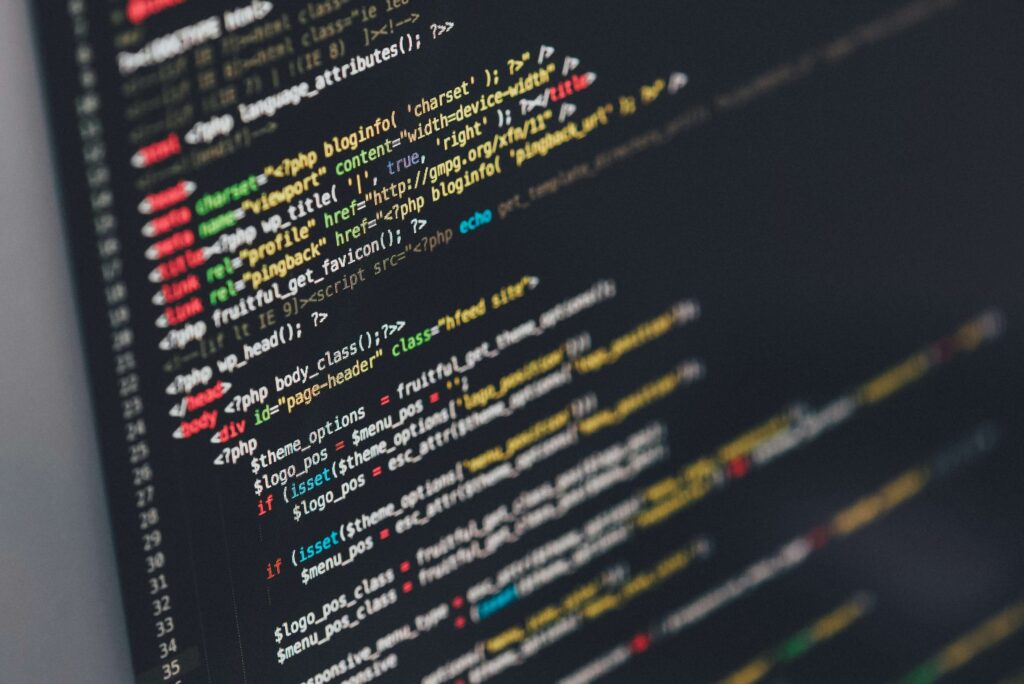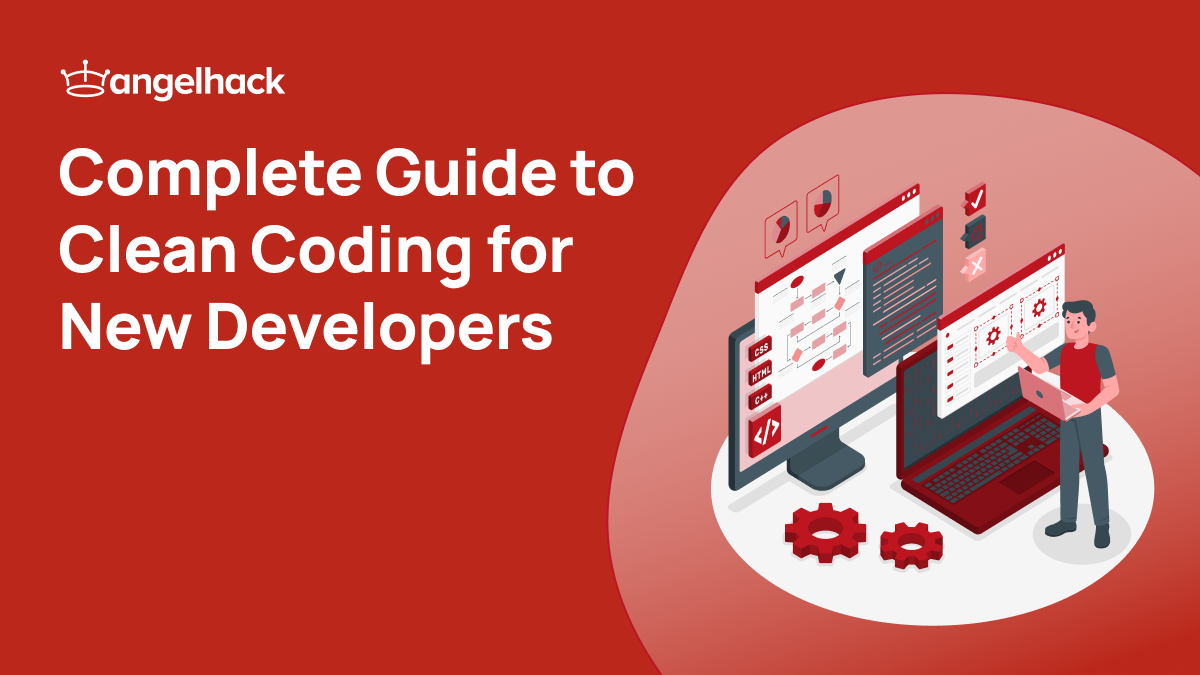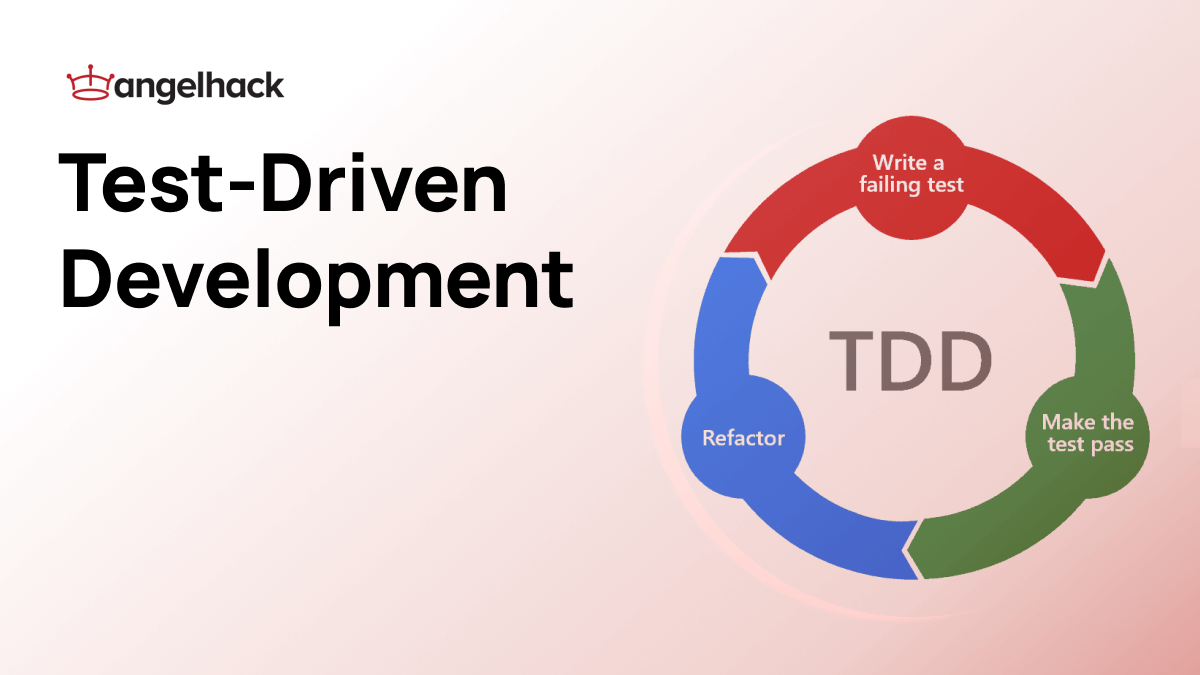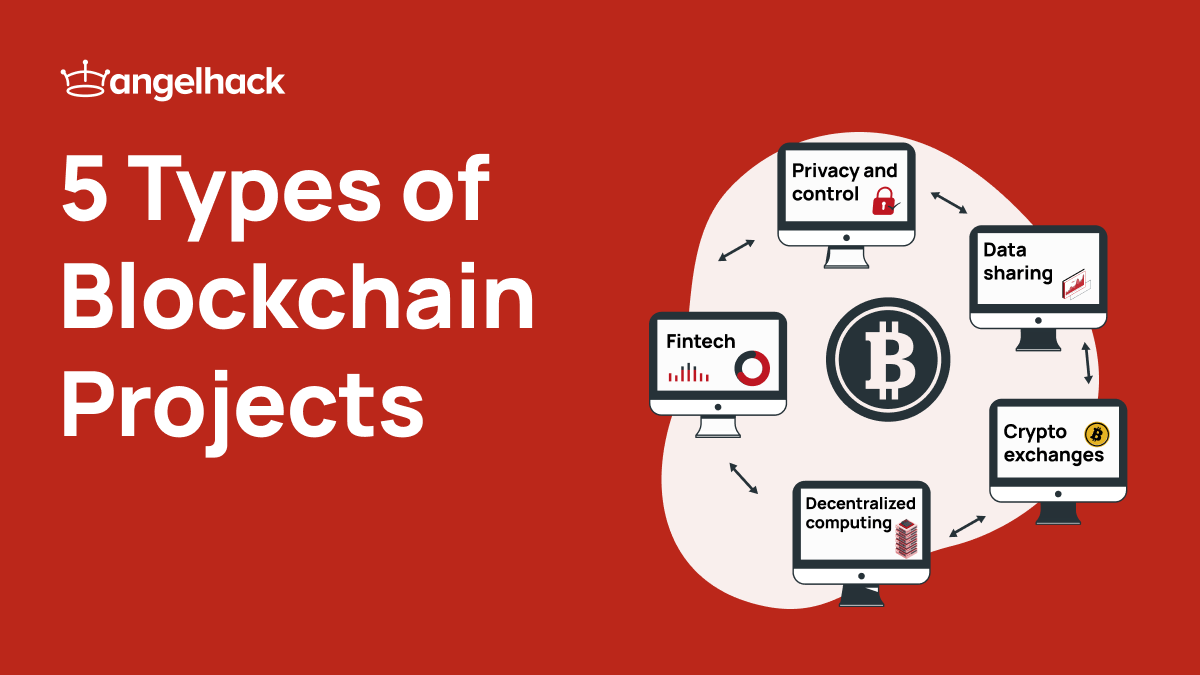Guest Post By: Emily Rollwitz – Content Marketing Executive, Global App Testing
Martin Fowler once said: “Any fool can write code that a computer can understand. Good programmers write code that humans can understand.”
As a new developer, it’s essential to learn how to write clean code – this will make your code more accessible for others to read and understand, as well as making it easier for you to maintain and debug your code in the future.
It’s not always easy to write clean code, but you can go from complete novice to clean code master in no time with a bit of practice, and a few great tips from us. In this guide, we’ll teach you everything you need to know about writing clean code, from the basics to more advanced techniques.
So grab a cup of coffee, put on your thinking caps, and let’s get started!
What is clean coding?
To put it simply, clean coding is writing code that is easy to read and understand. This means following standard coding conventions, using proper syntax, and avoiding clutter.
But there’s more to it than that.
Good clean code is:
- Readable: This means using clear and concise variables, functions, and class names. Your code should be easy to read from top to bottom, without having to jump around or guess what a particular piece of code does.
- Well organized: Grouping related code together and using comments and white space to break up your code into manageable chunks helps keep it organized. Your code should be easy to navigate so that you can quickly find the piece of code you’re looking for.
- Modular: This means writing small pieces of code that can be reused in other parts of your program. Creating modular code makes your program easier to understand and maintain.
- Testable: It is important to write code that is easy to test and debug. This will help you catch errors and bugs early on before they have a chance to cause damage. You would want to create a test plan for software development to anticipate complications in your system.
Let’s say you’ve written a piece of code that you think is working correctly. However, you find that it’s full of errors upon testing it. This would be due to your code being not testable. In the same way, you’d test your computer with firewall monitoring and other tools, you’ll want to be able to test your code thoroughly so that you can find and fix any potential errors. - Scalable: Your writing code can be easily expanded or modified. As your program grows, you would want to be able to add new features or make changes without having to rewrite large portions of your code.
Why write clean code?
There are a few key reasons why you should make an effort to write clean code:
- Easier to read and understand: let’s say you’re coding affiliate marketing platforms for a living. You’re going to want to make sure that your code is as readable as possible so that your team can quickly and easily understand what your code is doing.
- Easier to maintain and debug: if your code is well organized and easy to read, it will be much easier to fix software bugs and make changes in the future.
- Reusable: if you write modular code, you can reuse pieces of your code in other parts of your program. For example, if you’re working on an inventory tracking system, you can reuse the code that calculates the total inventory value in other parts of your program.
There are also a lot of consequences to writing bad code, such as software bugs, wasted time, and a tarnished reputation.
How to write clean code
Now that we’ve discussed what clean code is and why it’s important, let’s take a look at some tips for how to write it.
1. Follow coding conventions.
One of the best ways to write clean code is to follow standard coding conventions. This includes using proper syntax, formatting your code correctly, and naming variables and functions appropriately. Some common coding conventions include the following:
- Use proper casing: use Pascal case for variable, function, and class names, and lowercase for everything else.
- Use spaces to indent your code: this makes your code easier to read and understand.
- End lines with a semicolon: this tells the compiler that the line is complete.
2. Remember The Single Responsibility Principle
The Single Responsibility Principle (SRP) is a guideline that says that each piece of code should have one and only one responsibility. This means that each function should do one thing and one thing only. For example, a function that calculates the total inventory value should not also be responsible for printing out the inventory report. This makes your code easier to understand and maintain, and prevents functions from becoming too complex.
3. Avoid unnecessary clutter.
Keep your code concise and to the point. Don’t add unnecessary comments or code that doesn’t serve a purpose. This will only make your code more difficult to read and understand. For example, keeping a mobile app testing checklist is a great way to make sure everything is covered, but cluttering up the code with it is not the ideal situation.
4. Write self-documenting code.
Self-documenting code is code that is easy to read and understand without the need for extensive comments. This can be achieved by using clear and concise variable and function names and avoiding complex code constructs.
An example of self-documenting code includes the following:
var myVariable = “Hello world!”;
function sayHello() { // prints “Hello world!” to the console }
The variable and function names are clear and concise, and the code is easy to read without comments.

5. Use the right tools for the job.
Part of writing clean code is using the right tools for the job. This includes using the correct programming language, frameworks, and tools. Some of these include:
- Java for Android development
- Swift for iOS development
- ReactJS for front-end web development
- Node.js for back-end web development
6. Practice, practice, practice.
The best way to improve your coding skills is to practice, practice, practice. The more you write code, the better you’ll become at writing clean code. Some great ways to practice include:
- Doing code challenges
- Working on personal projects
- Contributing to open-source projects
- Taking online courses
Here at AngelHack, we have events and workshops led by our ambassadors to allow our community to learn and share what they have with each other. From introductory courses in coding systems to a simple sharing session to clear doubts, we have it all!
With monthly sharings and workshops from tech experts all over the world, get ready to venture into a space filled with like-minded individuals, all with a passion for technology. Want to join in on the fun? Head on to our Discord channel to get all the latest information!
7. Get feedback from others.

It’s also helpful to get feedback from other developers on your code. They may be able to point out areas where your code could be improved or offer suggestions on how to make your code more readable and maintainable.
If you’re working for a company, you can also ask your team members for feedback. However, if you’re a freelancer working remotely, you may not have access to other developers. In this case, look out for any online networking and mentoring opportunities and hackathons.
Don’t know where to start looking for hackathons? Don’t worry!
AngelHack is the best place to start your hackathon journey – we have different hackathons with different themes to cater to everyone and what they specialize in. Collaborating with companies like Polkadot, Algorand, and Celo, we have an extensive list of hackathons for you to choose from!
Join our Discord Channel to stay updated on all the hackathons that are happening.
8. Don’t be afraid to refactor your code.
Refactoring is the process of improving the design of existing code without changing its functionality. For example, you might refactor your code to make it more readable or to make it more extensible. Refactoring is an integral part of writing clean code, so don’t be afraid to do it when necessary. This can be a great way to improve the quality of your code. However, it’s vital to only refactor code that you understand well. Otherwise, you may end up making the code more difficult to read and understand.
Final Thoughts
So there you have it, our complete guide to clean coding for new developers.
Whether you’ve just started writing code for custom apps development, web development, or software development, following these tips will help you write clean and maintainable code. And that’s something we can all benefit from.
For new developers, learning how to write clean code is essential. Not only does it make your code easier to read and understand, but it also makes it more maintainable and less prone to bugs. If you’re an Engineer manager, you want to be sure that your team is writing clean code as this will really help with the overall quality of their work, employee morale, and your company’s reputation.
In this complete guide, we’ve covered everything you need to know about the tech trend of clean coding, from what it is and why it’s important to tips for how to write it. So what are you waiting for? Start writing some clean code today!
Emily Rollwitz is a Content Marketing Executive at Global App Testing, a remote and on-demand web app testing company helping top app teams deliver high-quality software, anywhere in the world. She has 5 years of experience as a marketer, spearheading lead-generation campaigns and events that propel top-notch brand performance. Handling marketing of various brands, Emily has also developed a great pulse for creating fresh and engaging content. She’s written for great websites like Airdroid and Shift4Shop.



